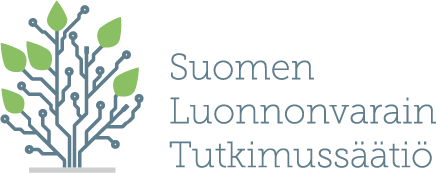New engineering methods to improve the circularity and sustainability of battery raw materials value chains (CircuS)
Background and Project Description
Circular Economy (CE) is considered as a way of achieving sustainability due to its potential to decrease the demand for natural resources and environmental impacts compared to the current traditional linear econo my models. This is due that materials are not disposed at the end of their product life but instead they rejoin the value chain by different CE strategies as described in Figure 1. Despite its potential to reduce the resources consumption, CE models still include material and energy losses which may cause additional hazardous environmental impacts threatening sustainability. Therefore, it is necessary to measure the performances of CE strategies to truly claim that they help moving towards sustainability by ensuring the efficient use of resources. However, there is still no established methodology for the evaluation of CE concerning different aspects including material, energy and monetary values together with their relation to environmental impacts.

CircuS aims to develop a new robust engineering methodology to evaluate the circularity and sustainability of transformative processes. This new engineering methodology includes Statistical Entropy Analysis (SEA) for materials circularity, Exergy Analysis (EX) for energy circularity, Techno-Economic Analysis (TEA) for economical viability and Life Cycle Assessment (LCA) for the environmental impacts’ evaluation. The main purpose of the project is to simultaneously improve the aforementioned dimensions by establishing their correlation through detailed analyses. As a case study, Lithium-ion battery (LIB) recycling processes are focused considering their importance in transitioning from fossil fuels to renewable energy especially for electrification. This work includes small scale experimentation campaigns, intense data collection and process simulations for the accurate implementation and combination of scientifically proven analyses. This project will help the decision-making processes for the establishment and optimization of the responsible use of the natural resources through the road on reaching sustainability.

Ms. Gulsah Tas, MSc, Doctoral candidate.
